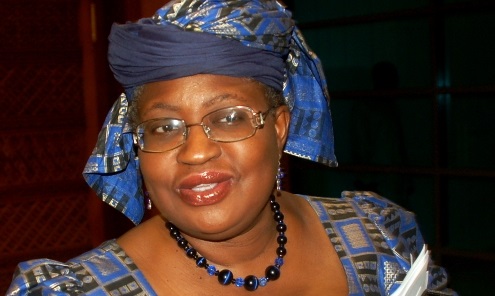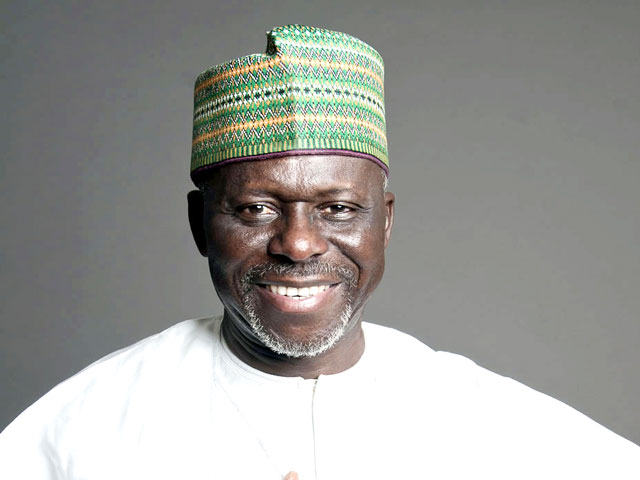Ngozi Okonjo-Iweala, coordinating minister of the economy and minister of finance, disclosed on Thursday that the federal government had already devised measures to deal with the fall of crude oil price to $60 per barrel.
The global price of crude oil is taking a nosedive, which is expected to continue for some time.
Speaking at the fourth annual capital market retreat of the Securities and Exchange Commission (SEC) in Abuja, Okonjo-Iweala said that the falling price of crude oil did not come to the government as a surprise.
She stated that the government had anticipated the problem and set up early measures to deal with it.
Advertisement
“The recent fall in global oil price did not come to us as a surprise. We have been with this problem,” she said.
“There are documented evidence where I said repeatedly that we should save for a rainy day. When I came back as minister of finance in 2011, the excess crude account had depleted by $4 billion, but we managed to save up again.
“It will be disingenuous for anyone to charge us with not anticipating the fall of oil price. The signalling was there and we stated many times that the oil benchmark be reduced.”
Advertisement
The minister assured Nigerians that the government had the means to manage the current economic situation.
“If we follow the strategies that we have in place, there will be tough times, but we will be able to manage the economy,” she said.
“The government has taken a scenario based-approach; if the price of crude oil falls to $70 per barrel, we have the measures to deal with it. If it falls to $60 per barrel, we have additional measures to deal with it. But we have not worked out measures of dealing with it when it falls to $40 pper barrel.”
Okonjo-Iweala further highlighted measures that the government was taking to mitigate the effects of the declining oil revenue.
Advertisement
“We are strengthening our tax administration for additional revenue, cutting recurrent expenditure, reduction of overseas training, and surcharging of luxury goods,” she stated.
She however added that the measures were not meant to hurt the poor but to provide a social safety net for them.






